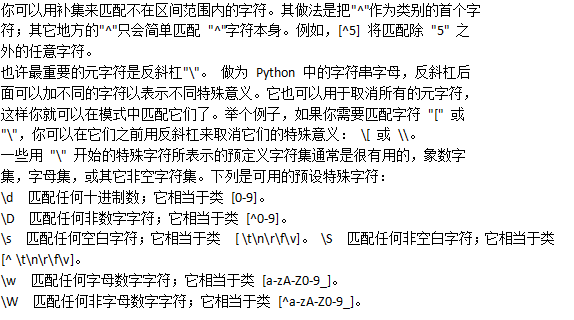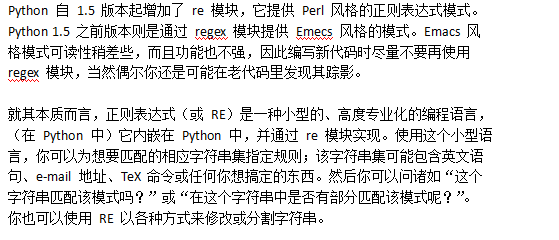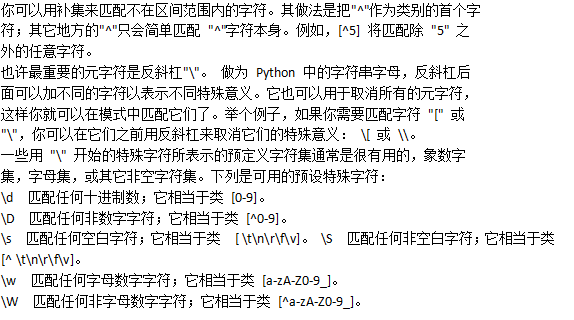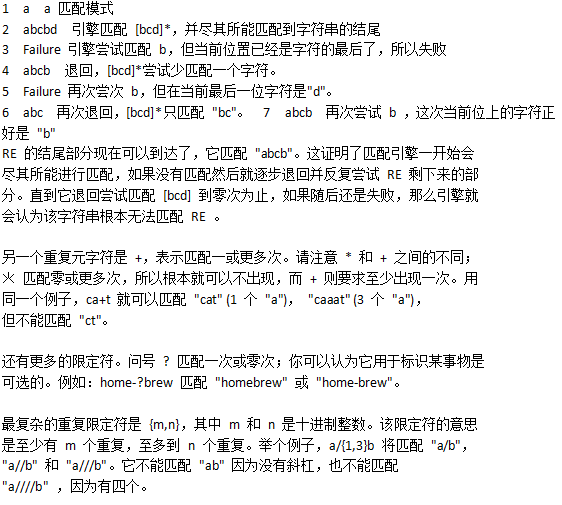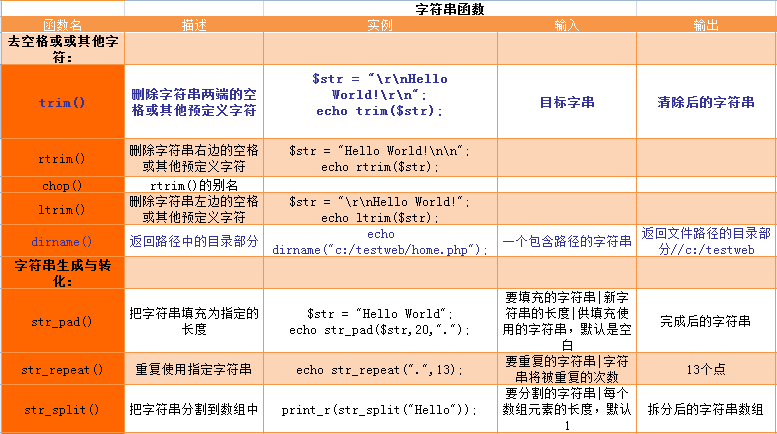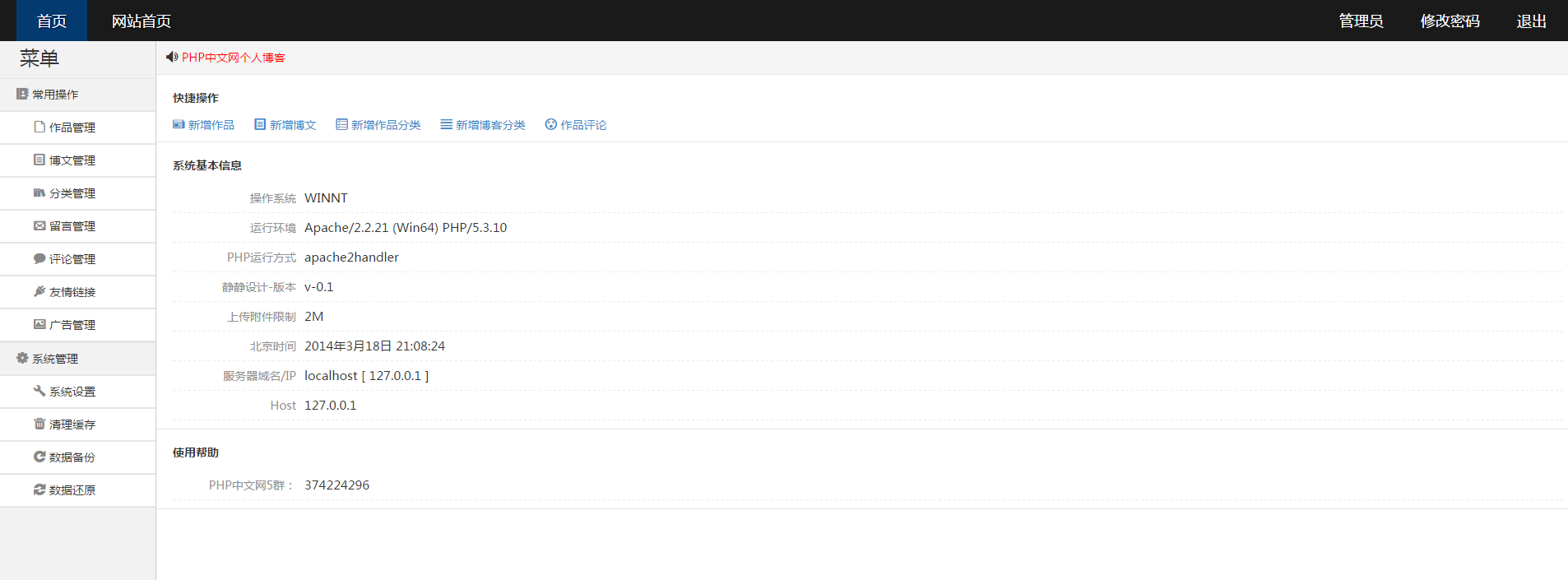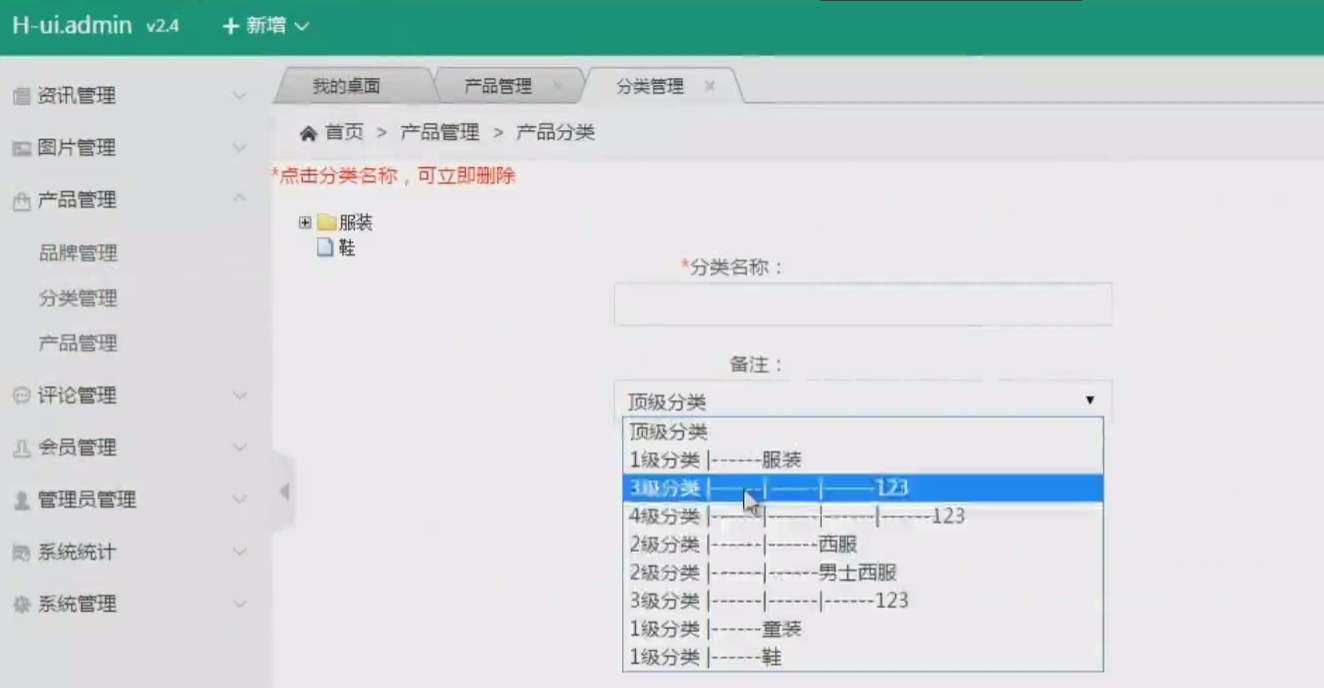current location: Home > Download > Learning resources > Web page production > python regular re module
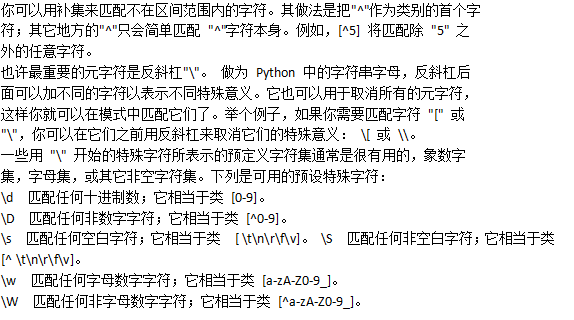
python regular re module
| Classify: Learning materials / Web page production | Release time: 2018-02-08 | visits: 2875512 |
| Download: 219 |
Latest Downloads
Horror Beat Phase Maker
Himalayan Children
Zebra AI
Supermarket Manager Simulator
Red Alert Online
Delta Force
Pokémon UNITE
Fantasy Aquarium
Girls Frontline
Wings of Stars
24 HoursReading Leaderboard
- 1 Fixed: The Last of Us Part II Remastered Controller Not Working
- 2 How to use sql between
- 3 How to use SQL deduplication and distinct
- 4 How to use sql plus
- 5 How to create tables with code in sql server How to create tables automatically in java in SQLserver database
- 6 How to use SQL statement insert
- 7 sql sever How to create a new database sql server steps to create a new database
- 8 How to create a database for SQL Server SQL Server to create a database
- 9 How to create a new database for SQL Server SQL Server create a database for SQL Server
- 10 Basic operations of SQL Server database complete steps for creating databases in SQL Server
- 11 How to use sql if statement
- 12 How to use AWS Glue crawler with Amazon Athena
- 13 Tech Chief Regina Salazar Is Driving Digital Innovation At Novelis
- 14 How to use sql datetime
- 15 Google’s SigLIP: A Significant Momentum in CLIP's Framework
Latest Tutorials
-
- Go language practical GraphQL
- 3114 2024-04-19
-
- 550W fan master learns JavaScript from scratch step by step
- 4449 2024-04-18
-
- Getting Started with MySQL (Teacher mosh)
- 2440 2024-04-07
-
- Mock.js | Axios.js | Json | Ajax--Ten days of quality class
- 3155 2024-03-29
The indall function always returns a list of all matching results of the regular expression in the string. Here we mainly discuss the display method of the "results" in the list, that is, findall returns the information contained in each element in the list.
1. When the given regular expression contains multiple brackets, the elements of the list are tuples composed of multiple strings. The number of strings in the tuple is the same as the number of brackets, and the content of the string is the same as the number in each bracket. Regular expressions correspond to each other, and are arranged in the order in which brackets appear.
2. When there is a parentheses in the given regular expression, the elements of the list are strings, and the content of this string corresponds to the regular expression in the parentheses (not the matching content of the entire regular expression).
3. When the regular expression is given without parentheses, the elements of the list are strings, and this string is the content matched by the entire regular expression.





![[Web front-end] Node.js quick start](https://img.php.cn/upload/course/000/000/067/662b5d34ba7c0227.png)
